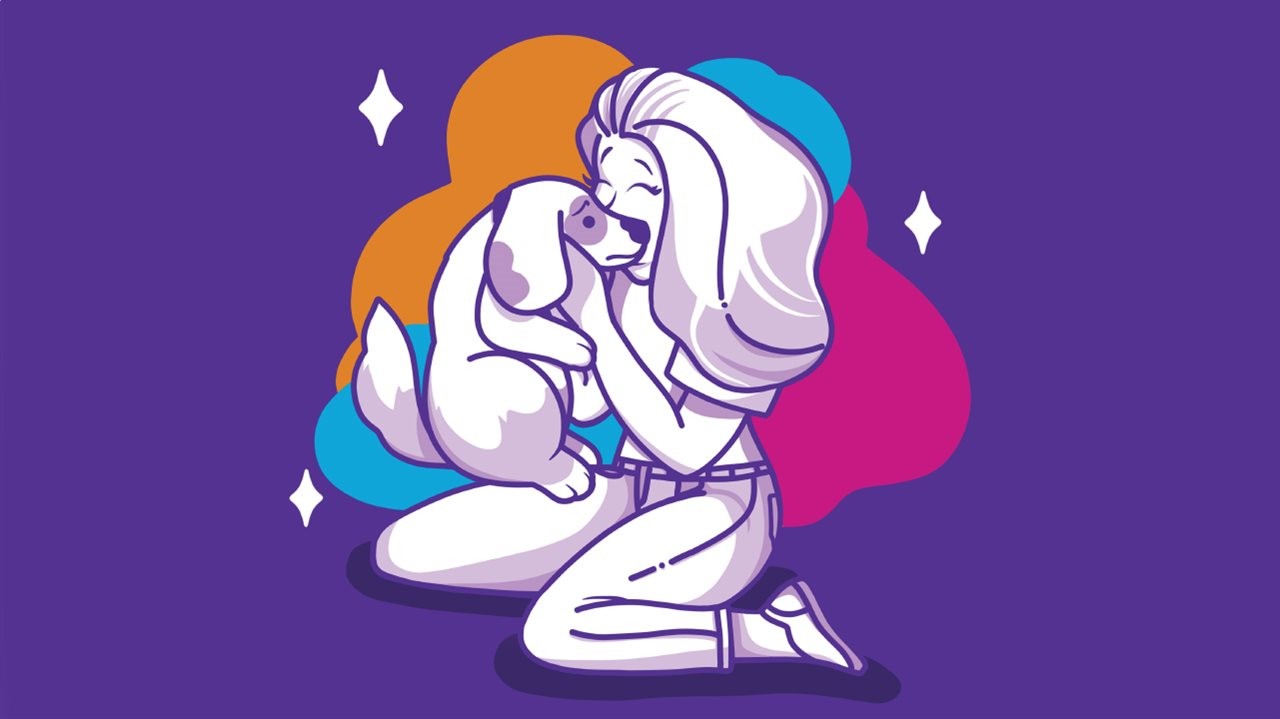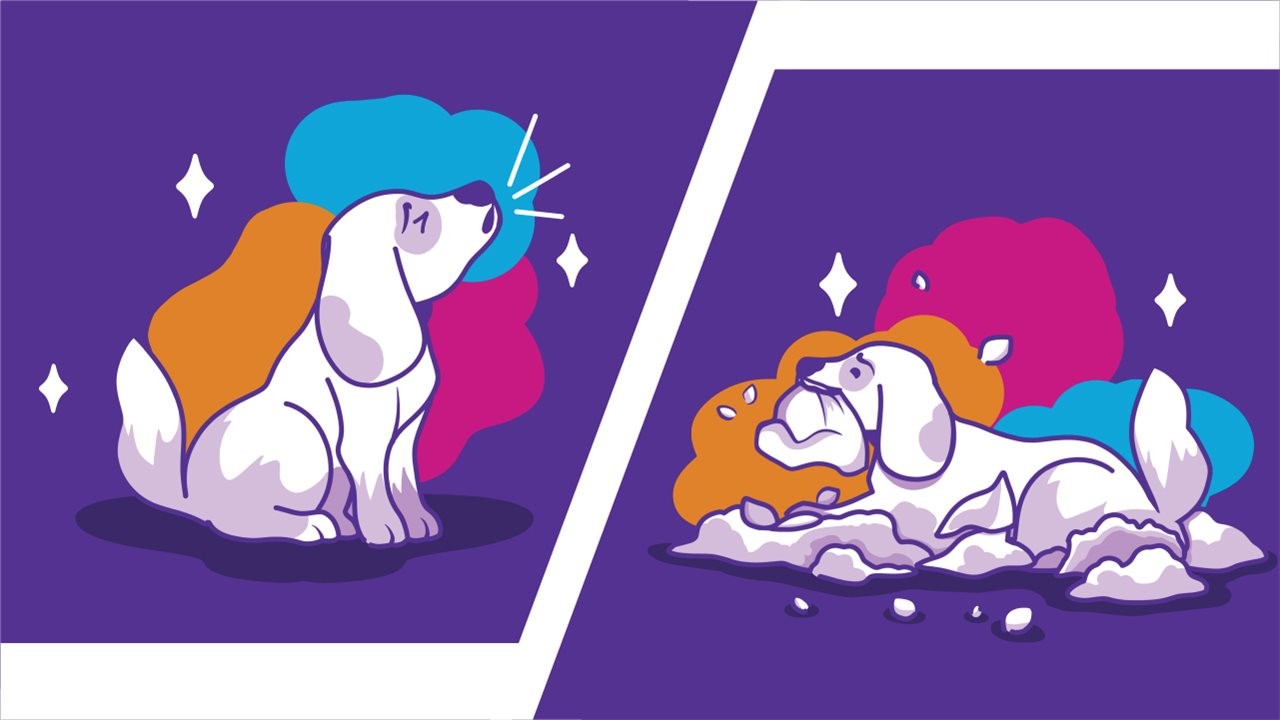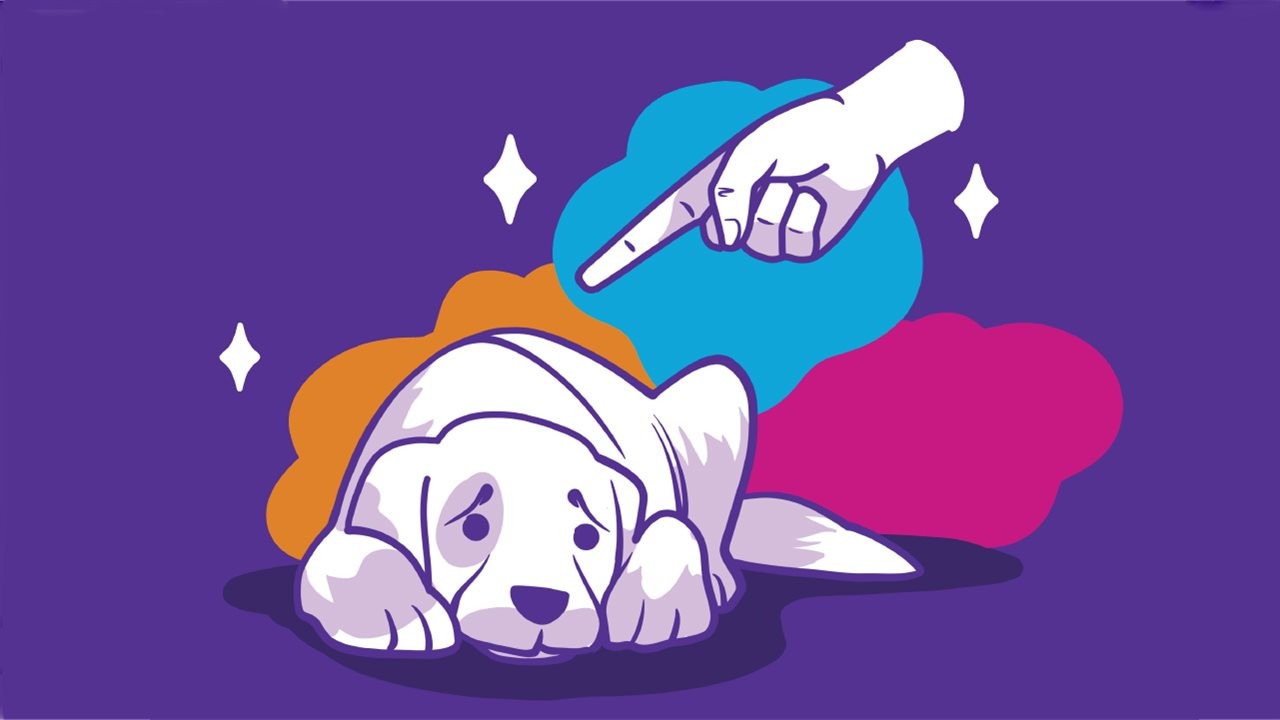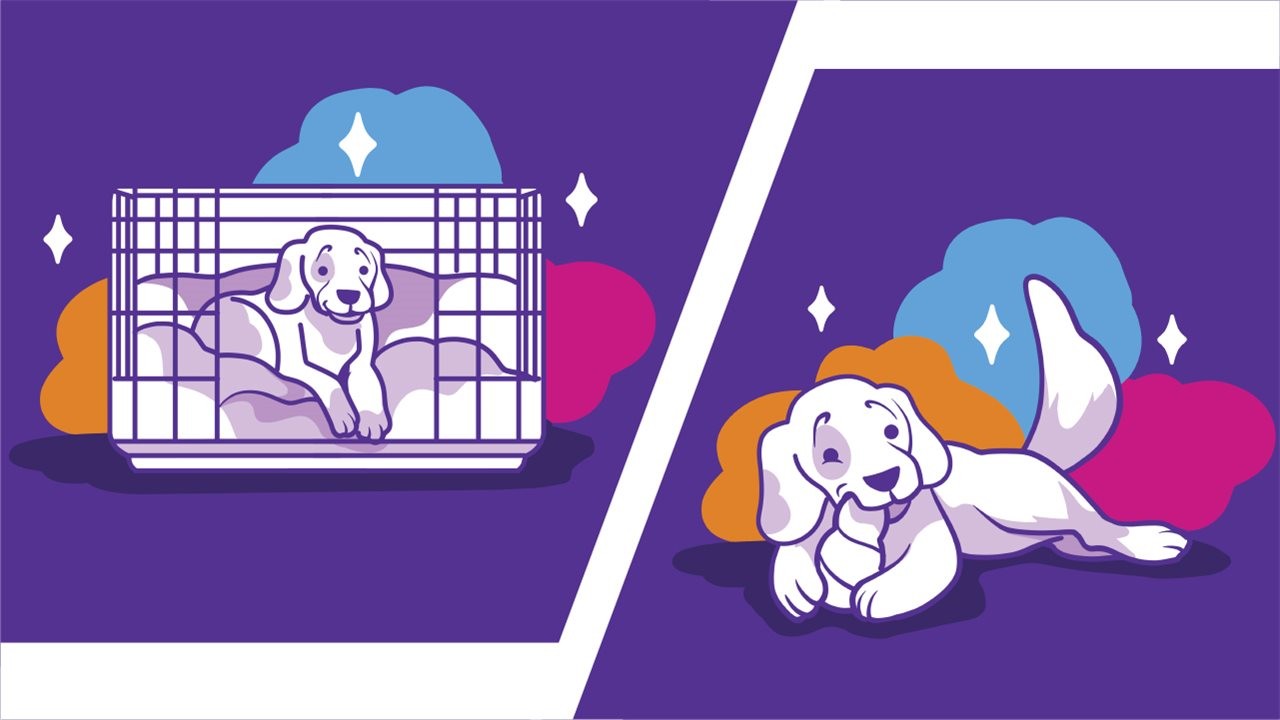(BPT) – Have you ever looked at your dog’s big sweet eyes and wondered, ‘What is going on inside your head?’ If your answer is yes, you’re not alone. While your dog can’t communicate with you verbally, you can still pick up on the signs of separation anxiety. The sooner you do, the sooner you can talk to your veterinarian about potential treatments, such as Reconcile® (fluoxetine hydrochloride). Knowing what your furry friend is thinking could help save you both a lot of stress. Here’s what your pup might say about the struggles of separation anxiety.
1. ‘I hate it when you leave.’
Separation anxiety causes up to 17% of dogs to engage in problematic behavior when left alone, such as when you leave for work or to run an errand.1,2 While some dogs are predisposed to separation anxiety, others seem to develop it out of nowhere. Several things can trigger your dog’s nervous tendencies, such as a change in routine, loss of a family member, or a new living situation. If your dog’s separation anxiety developed suddenly, try pinpointing what may have changed in your life.
2. ‘When you get overly affectionate, I worry you’re not coming back.’

Dogs are empathetic creatures that can sense when something’s up. When you show an exaggerated amount of emotion before you leave, they can start to freak out.3 You may believe you’re showing love, but your dog sees it as a sign of impending doom – in other words, you walking out the door. To avoid this, remain calm and ignore your dog for 20 to 30 minutes before leaving so you don’t create a heightened state of arousal just prior to your departure.
3. ‘I destroy things because I feel the need to escape or distract myself.’

The signs that your dog has separation anxiety are often easy to spot. Think of the things that shock you when you get home: chewed-up doorways, torn-up cushions, trash strewn everywhere, or maybe a note from your neighbor saying your pup barked constantly all day.4 If it’s something that rarely happens when you’re home, it could be a sign of separation anxiety.
4. ‘I’m not misbehaving. I’m scared.’

Your dog isn’t being naughty. Your dog isn’t being spiteful. Your dog is anxious. When left alone, dogs with separation anxiety often feel compelled to escape or do something else to release their nervous energy, which manifests to you as ‘acting out.’ If you arrive home and find a mess, stay calm. Your dog doesn’t realize they did something ‘wrong.’ Never punish your dog for house soiling or destruction – this will only increase the anxiety associated with anticipating your return.
5. ‘I wish I had something fun to do while you’re gone.’

Keeping your dog occupied when you leave can help alleviate anxiety and keep them focused on something besides your absence. Giving them their favorite toy or treat can help them focus on something other than the stress of you leaving, as well as associate your departure with something wonderful and delicious!
6. ‘I don’t want to be anxious anymore. Can we work on it together?’

Behavior modification training is an important part of managing separation anxiety in dogs. Following the BOND® training program is a great place to start. BOND stands for: Be Positive, Only Reward Calm Behavior, No More Drama When You Come and Go, and Develop Your Dog’s Independence. These easy-to-follow steps can help build your dog’s confidence and gain a sense of security when alone. To learn more, visit reconcile.com/bond-training-information.
7. ‘Will you ask my veterinarian about Reconcile?’

Reconcile is a once-a-day chewable tablet and FDA-approved medication commonly used to treat separation anxiety in dogs in conjunction with behavior modification training, like the BOND program. If you think your dog has separation anxiety, talk to your veterinarian about a training plan that includes Reconcile and learn more at reconcile.com.
There is no overnight solution or quick fix for your dog’s separation anxiety. It takes hard work and dedication, but when you approach it with empathy, a challenging situation becomes an opportunity for growth and bonding. Remember, your dog looks to you for guidance and reassurance, so approaching separation anxiety with patience, love, and a proactive mindset will lead to a happier, healthier relationship for both of you. If you think your dog has separation anxiety, speak with your veterinarian today.
1Bamberger M, Houpt KA. Signalment factors, comorbidity, and trends in behavior diagnoses in dogs: 1,644 cases (1991-2001). JAVMA. 2006;229(10):1593.
2Tiira K, Sulkama S, Lohi H. Prevalence, comorbidity, and behavioral variation in canine anxiety. J Vet Behav. 2016;16:38.
3Horwitz DF. In Horwitz D, Mills D (eds). Separation-related problems in dogs. BSAVA Manual of Canine and Feline Behavioural Medicine, 2nd ed. Gloucester, UK: British Small Animal Veterinary Association, 2010.
4Schwartz S. Separation anxiety syndrome in dogs and cats. J Am Vet Med Assoc. 2003;22(11):1526-1532.
IMPORTANT SAFETY INFORMATION: The most common adverse events reported in decreasing order of reported frequency are: decreased appetite, depression/lethargy, shaking/shivering/tremor, vomiting, restlessness and anxiety, seizures, aggression, diarrhea, dilated pupils, vocalization, weight loss, panting, confusion, incoordination, and excessive salivation. Reconcile chewable tablets are contraindicated for dogs with a history of seizures or when used with drugs that may cause seizures. Consult your veterinarian for complete safety information or click here to read the package insert.
The information, tools and material presented on this site are provided for informational and educational purposes only. Please consult your veterinarian for an official diagnosis of canine separation anxiety and to learn more about Reconcile. Click here to read the complete terms and conditions regarding use of this website.

